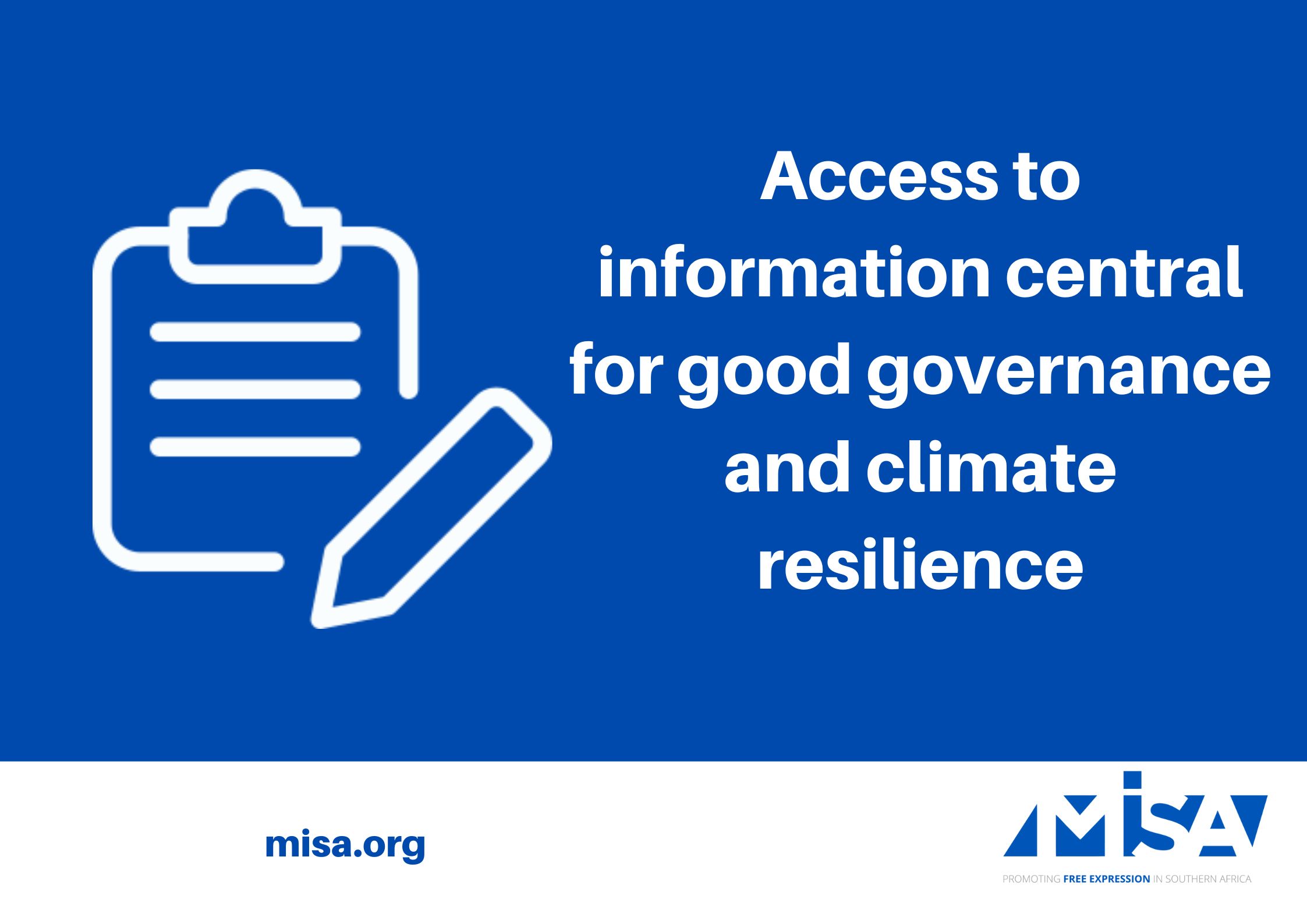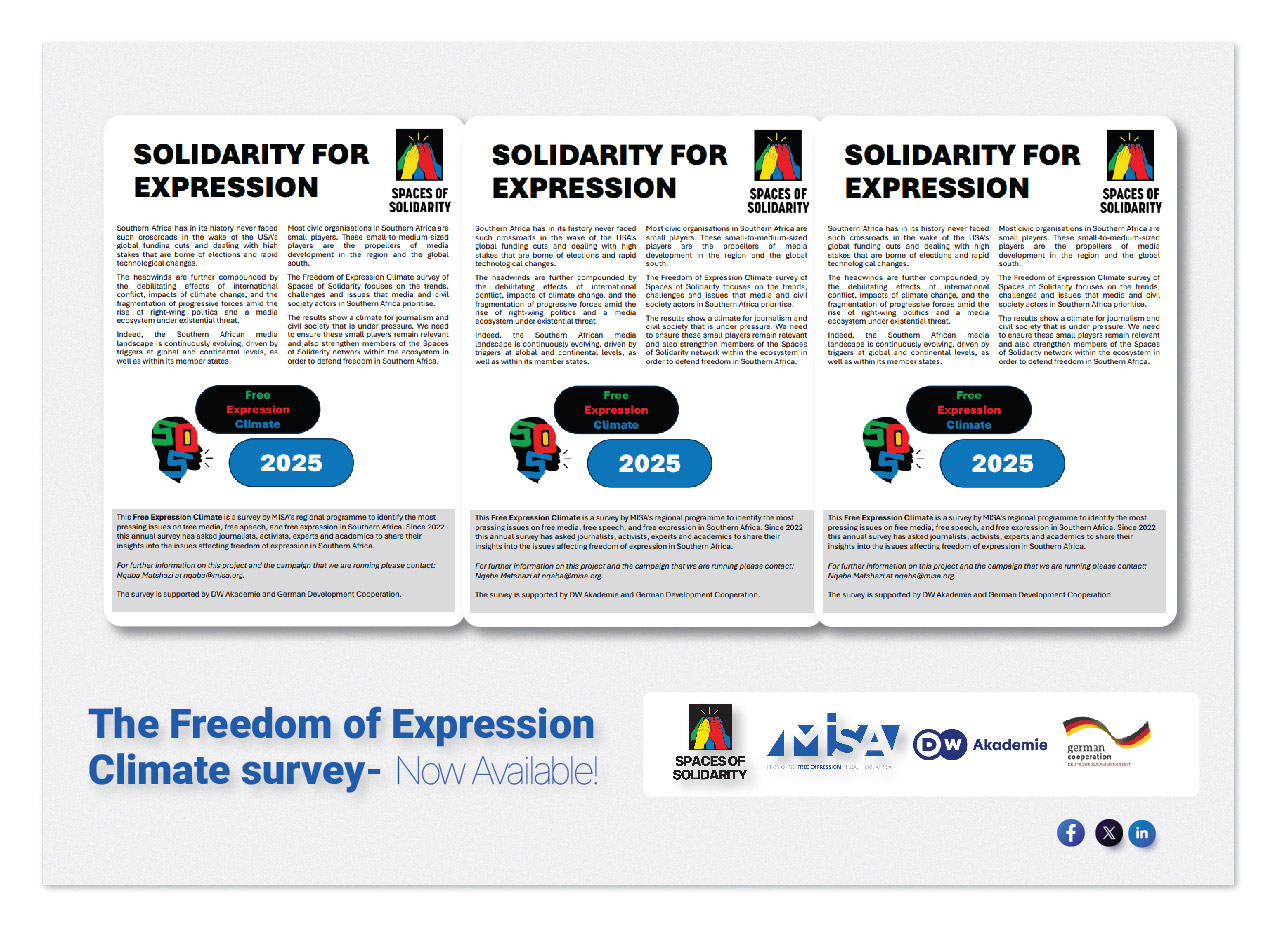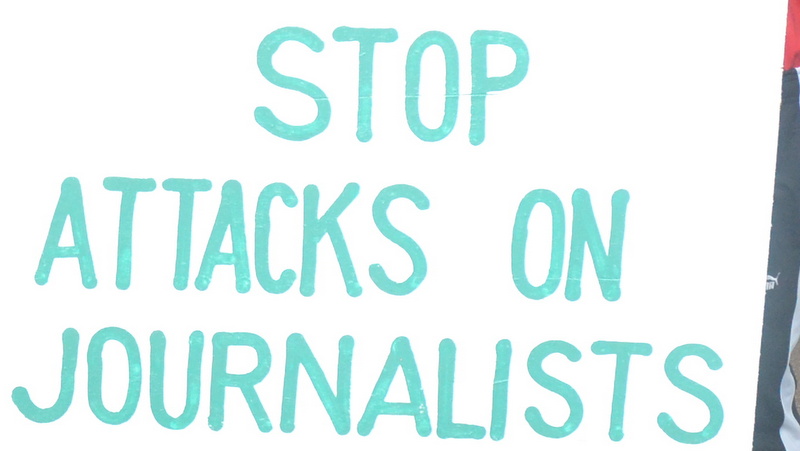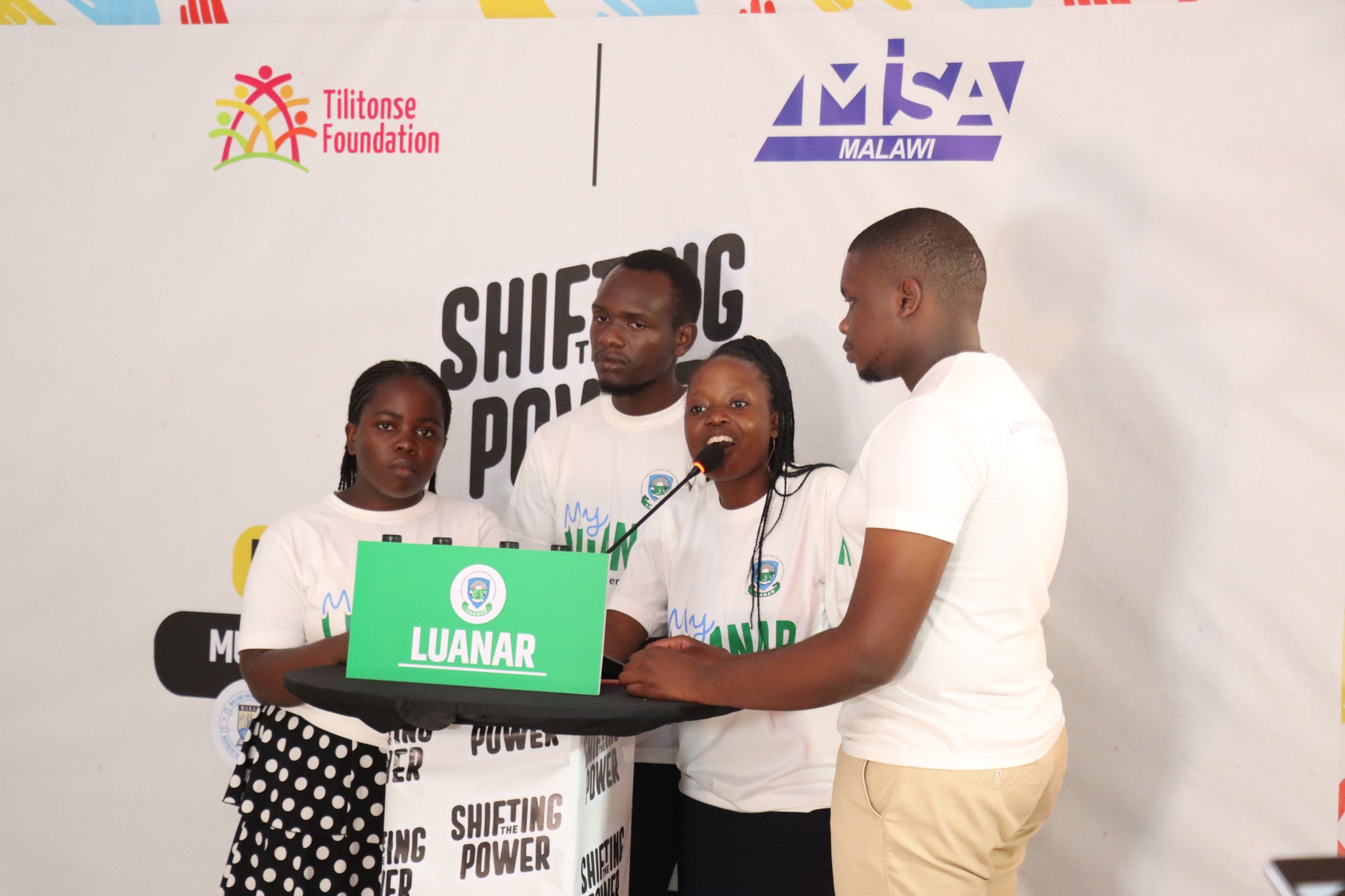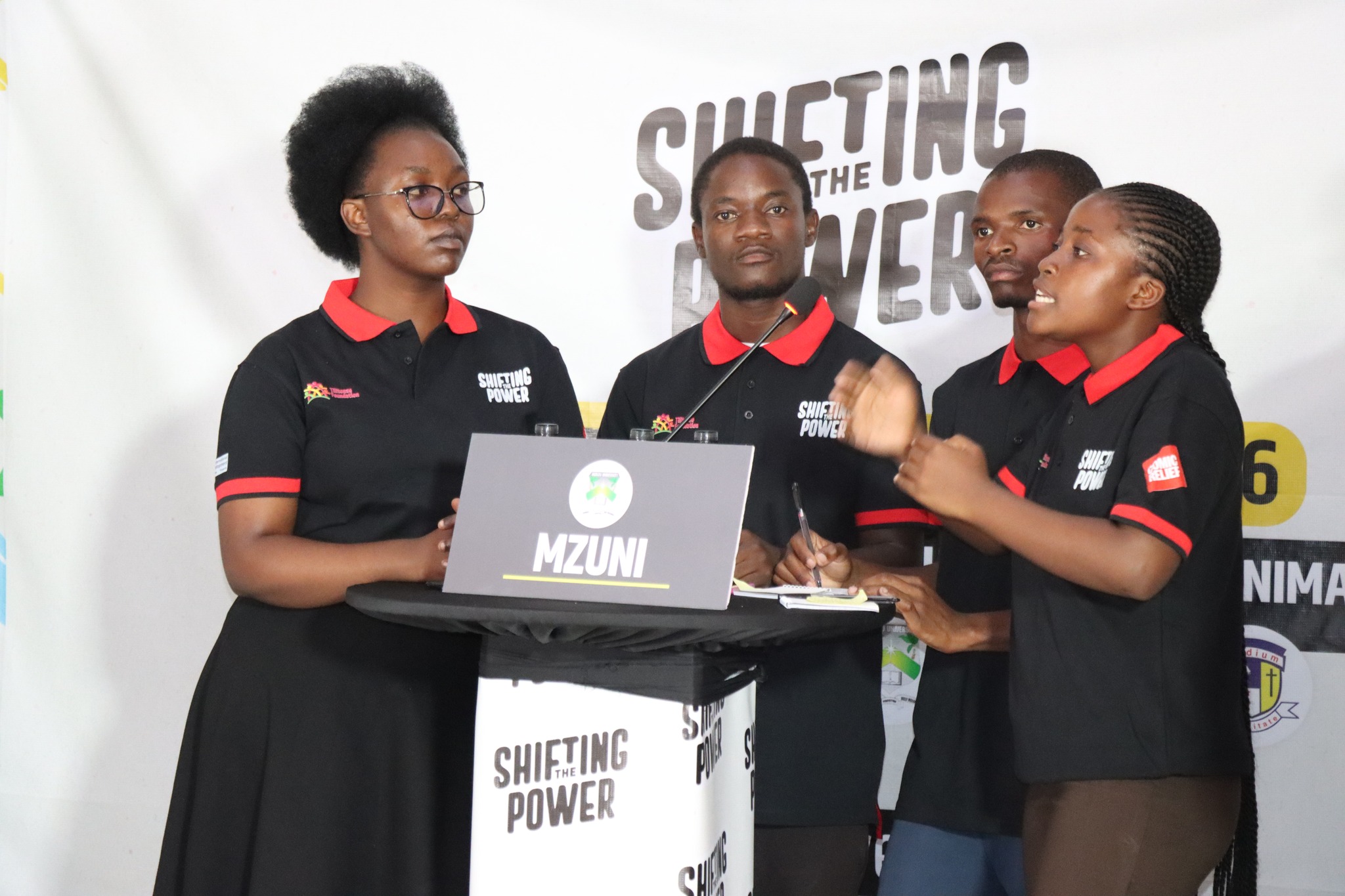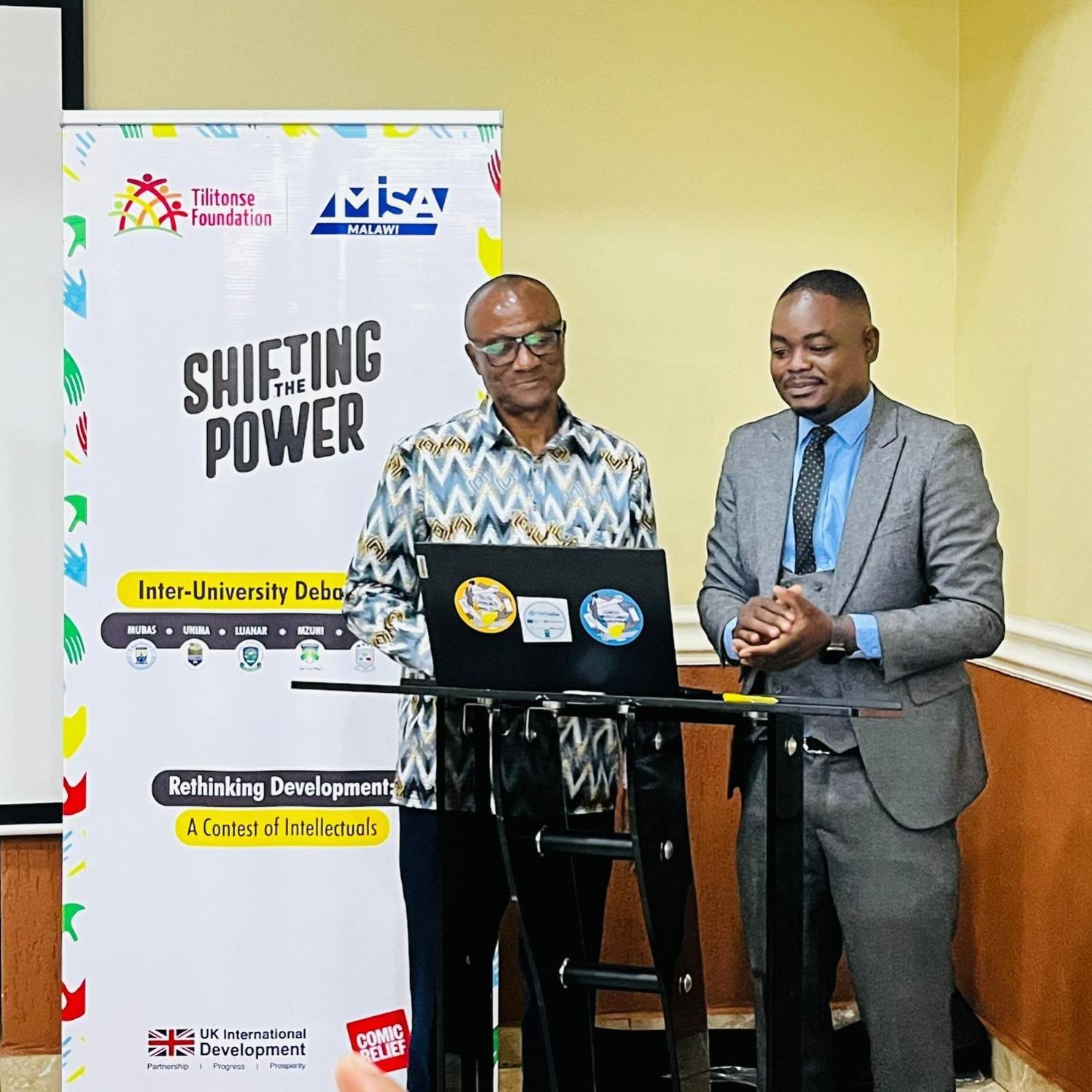The International Day for Universal Access to Information, celebrated annually on 28 September, holds special significance this year as Southern African countries increasingly recognise the importance of providing their citizens with access to information.
Over the past three years, Namibia and Zambia have implemented access to information legislation, increasing the number of countries in the region with such laws to nine. Botswana and Eswatini have also shown interest in adopting similar legislation, and it is hoped this process will be accelerated.
The African Commission on Human and Peoples’ Rights (ACHPR) emphasises that “access to information holds the promise of fostering good governance by improving information management, and by enhancing transparency, accountability and greater participation of the populace in public affairs”.
The ACHPR further observes that “the lack of access to information deprives citizens of their right to participate in the decision-making process and hold elected representatives accountable for their acts or omissions and creates an environment in which corruption, maladministration and mismanagement of national resources may thrive”.
Therefore, we urge countries that have yet to enact such legislation to expedite this process to improve citizen participation in governance.
This year’s theme, Ensuring Access to Environmental Information in the Digital Age, is especially crucial for Southern Africa, a region highly vulnerable to climate shocks.
The region is recovering from its worst drought in a generation, and cyclone-induced flooding has become prevalent.
Increased demand for commodities has led to intensified mining activities, sometimes resulting in environmental disasters, as recent reports have highlighted widespread water and soil contamination linked to a February mine spill in Zambia.
These examples emphasise the vital importance of timely and accessible information in the region, allowing citizens to make well-informed decisions. In our digital age, a lack of access to information often results in misinformation, which harms citizens.
Therefore, governments should not only enact access to information laws but also ensure these laws are updated to reflect the digital age and promote information disclosure as a means to counter misinformation.
Governments need to establish access to information frameworks that protect the most vulnerable communities and promote climate resilience and sustainability.
We call upon governments to:
- Expedite access to information legislation: Countries without such laws should accelerate their enactment to enhance citizen participation in governance
- Ensure laws reflect the digital age: Governments must update existing access to information laws to align with the digital age and actively promote information disclosure to combat misinformation.
- Develop frameworks for vulnerable communities and climate resilience: Governments should establish access to information frameworks that protect vulnerable communities and promote climate resilience and sustainability.
MISA Regional Office Statement on International Day for Universal Access to Information
Jeremias Langa
Chairperson
MISA Regional Office




